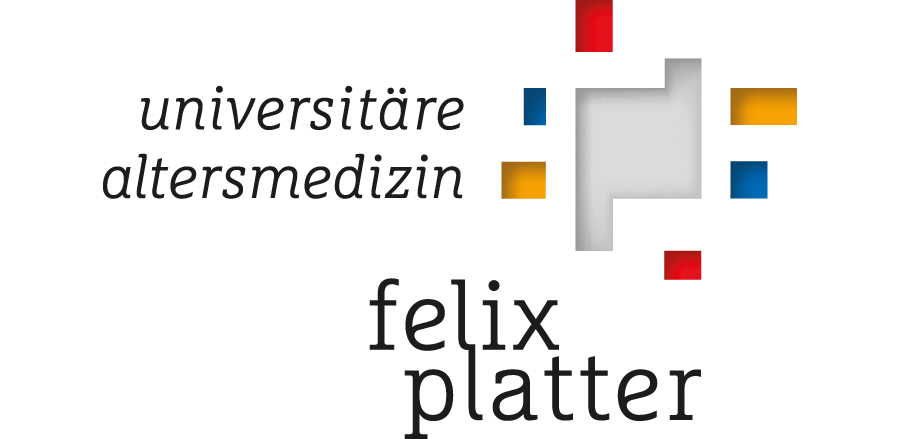Social cognition enables us to perceive, interpret and respond appropriately to verbal and non-verbal social cues of other people. Impairment in these abilities can have a serious impact on everyday living of the affected individuals and their loved ones.
Numerous studies demonstrated impairment in key domains of social cognition (i.e., emotion recognition and Theory of Mind) in various brain disorders (see figures 1 and 2). Importantly in terms of differential diagnosis, the type and severity of the impairment varied between different disorders.
Because of the prevalence and importance of social cognitive impairments in brain disorders, social cognition has been included in the international nomenclature ICD-11 and DSM-5 as one of the cognitive domains to be assessed. Currently, however, social cognition is rarely tested in clinical routine in German-speaking memory clinics, primarily due to the lack of suitable assessment tools.
On this website we present social cognition assessment tools, developed or adapted by our research group, for use in clinical routine and research.
* 95% Confidence interval data not available
- Cotter, J., Granger, K., Backx, R., Hobbs, M., Looi, C. Y., & Barnett, J. H. (2018). Social cognitive dysfunction as a clinical marker: A systematic review of meta-analyses across 30 clinical conditions. Neuroscience and biobehavioral reviews, 84, 92–99. https://doi.org/10.1016/j.neubiorev.2017.11.014




